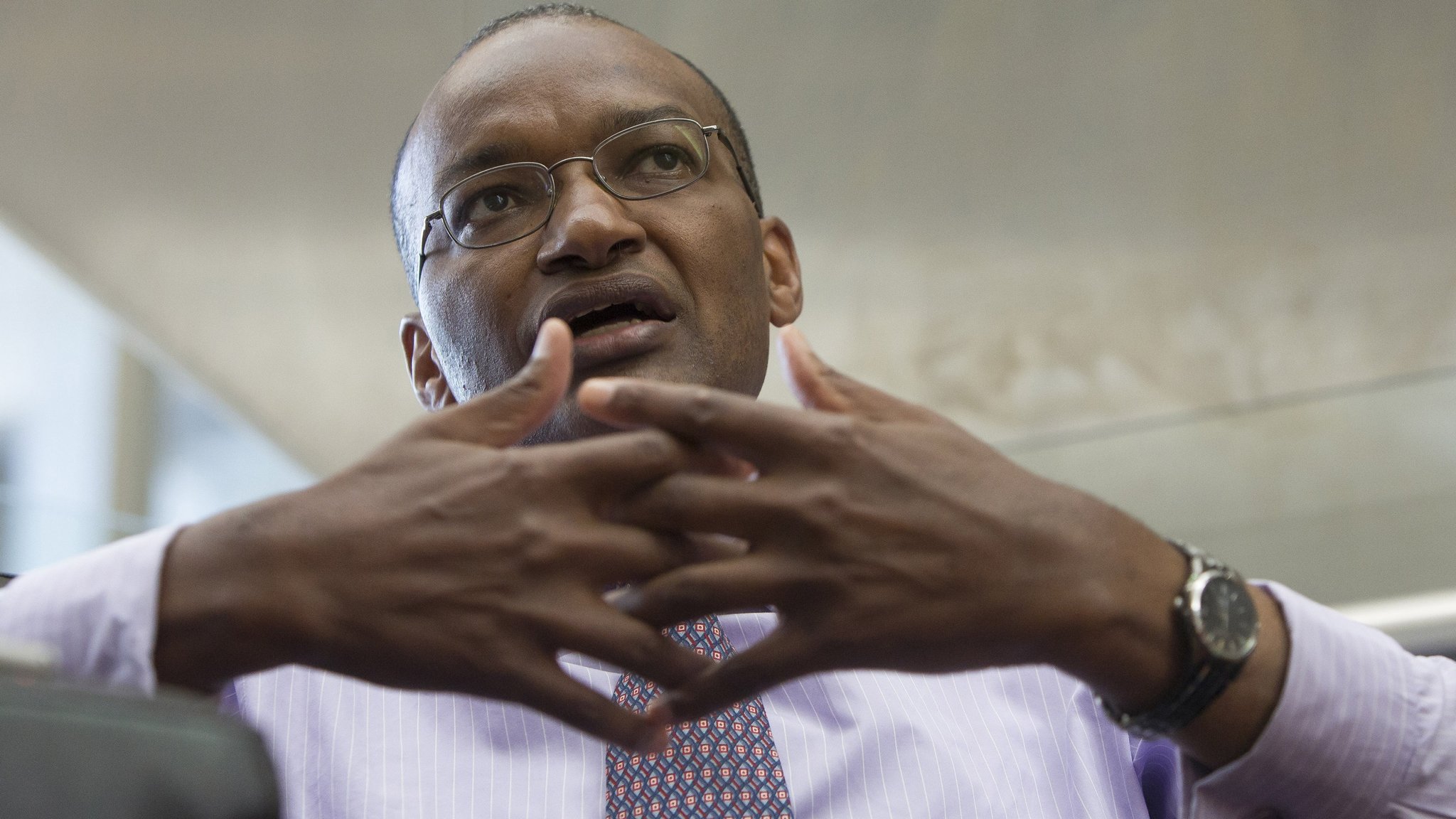Nairametrics| The African continent was one of the worst hit by the fall in commodity prices with probably only the Middle East coming close. However, the policy focus and approach of countries within the continent have differed with varying results. A close example is between Nigeria and Kenya;
While the interviewees and probably the whole of the economic world would agree that Kenya had a fairly good 2016, becoming the ‘a poster child of resilience’ through the diversification of its economy, Nigeria had its worst year ever, being one of the most depreciated economies in the world and suffering an economic recession.
In an interview with the Wall Street Journal, the Governor of the Central Bank of Kenya, Patrick Njoroge, and Uche Orji, chief executive officer of the Nigeria Sovereign Investment Authority discussed where the respective countries are currently and how they intend to proceed.
Kenya’s Approach
Speaking on why this was so, Njorge said: “The most important thing was just having a very robust and dynamic private sector. That without a doubt allowed us to benefit from an obvious advantage related to geography—we are very close to a lot of the other countries—and in terms of diversifying production sectors and exports.”
A downside of this, however, is the exposure of Kenya’s economy to shift in policies of other countries, particularly the United States of America. “If they [don’t implement] policies that are protectionist, that would have us growing at rates of 3% or so. But if we get a very aggressive, protectionist policy, that will be detrimental to emerging markets… So to the extent that we depend on the global economy, we will actually get hurt in all this”
Nigerian Approach
On the other hand, Nigeria is seeking a more domestic solution to solving the current economic crisis in the country. Orji identified 2 problems which, in his opinion, were responsible for the situation in Nigeria. The first is the poor growth of the private sector in the country, with excessive focus on external investments. “We started to shift the investment focus of the Nigeria Sovereign Investment Authority from external-focused investments to domestic. Up until now, our domestic focus was less than 6%.” he said.
The second problem he identified was the link between the various sectors of Nigeria’s economy, which he insisted is diversified and government revenue. “Nigeria’s economy is more diversified than people give it credit for. What isn’t diversified is government revenue… So the challenge is trying to link the diversified economy to government revenue” he added.
To achieve this, he mentioned improving tax collections and ensuring that manufacturers meet up to the required standard for exports as key solutions.
There are obvious parallels to the Kenyan and Nigerian approach to reviving their respect economies. However, what is a clear similarity is understanding that a private sector is the path towards a sustaining economic growth.
